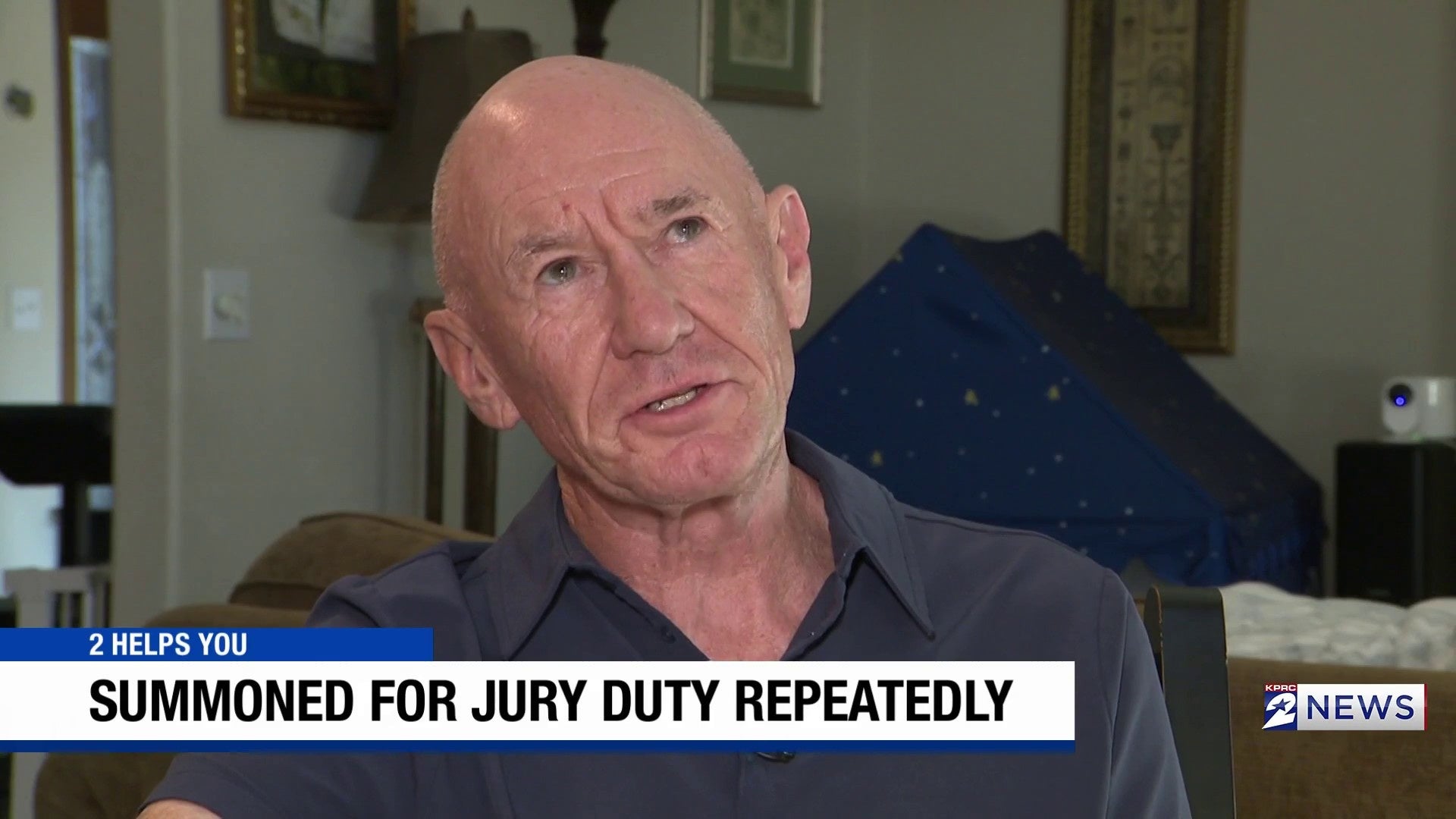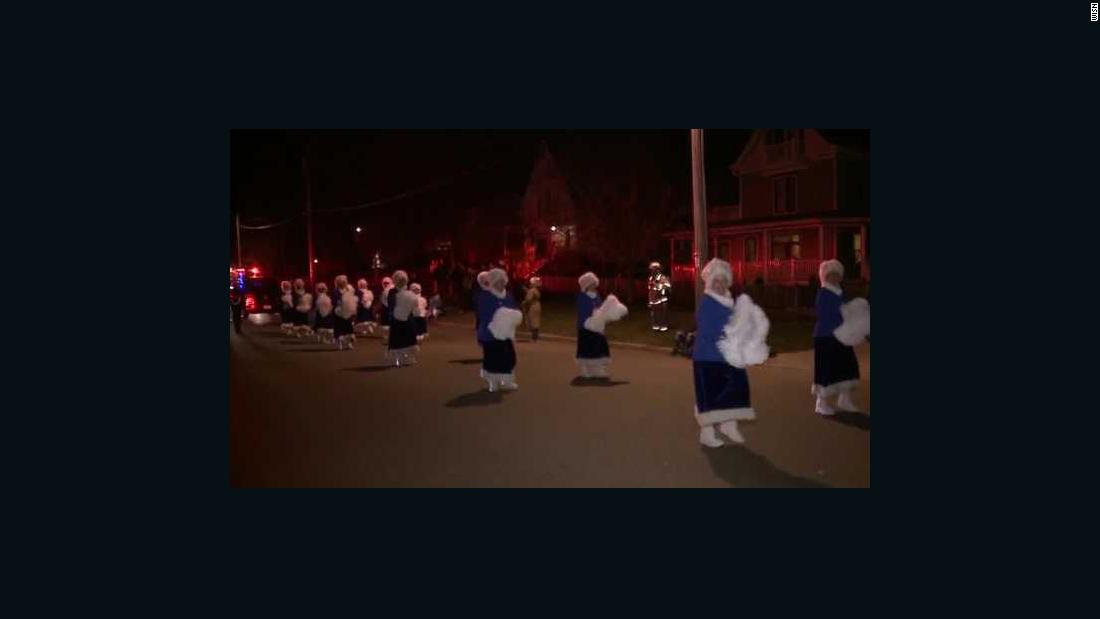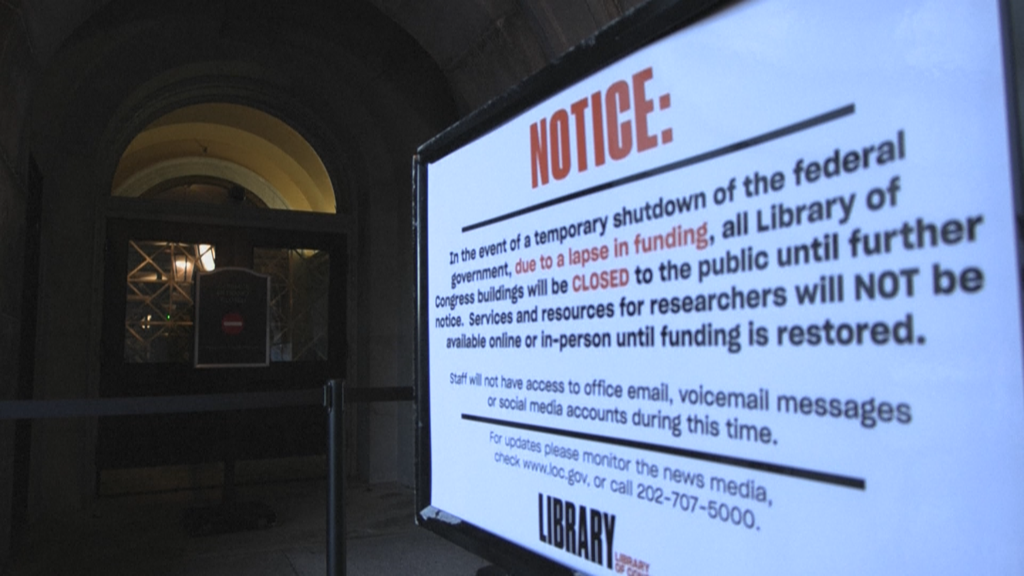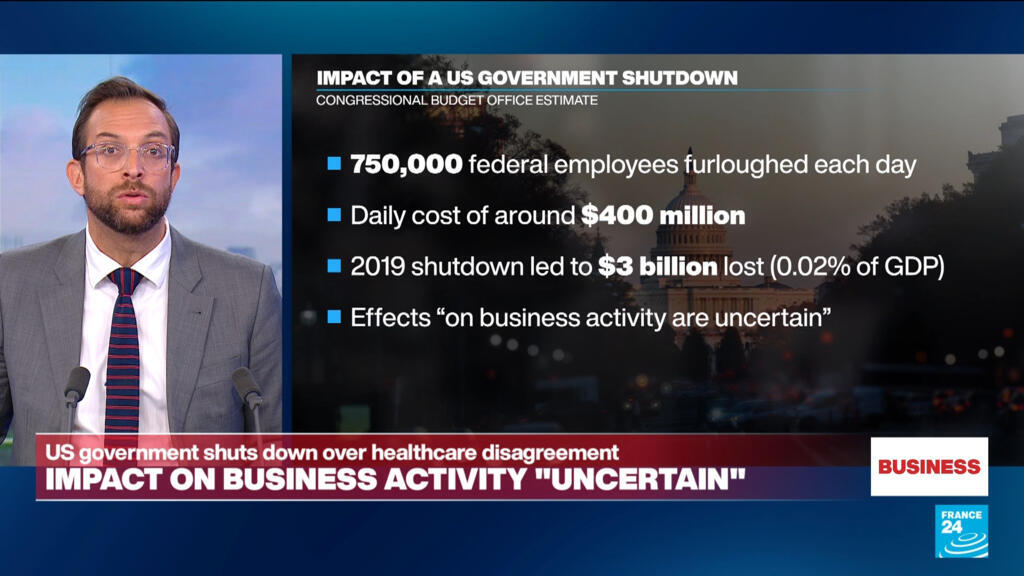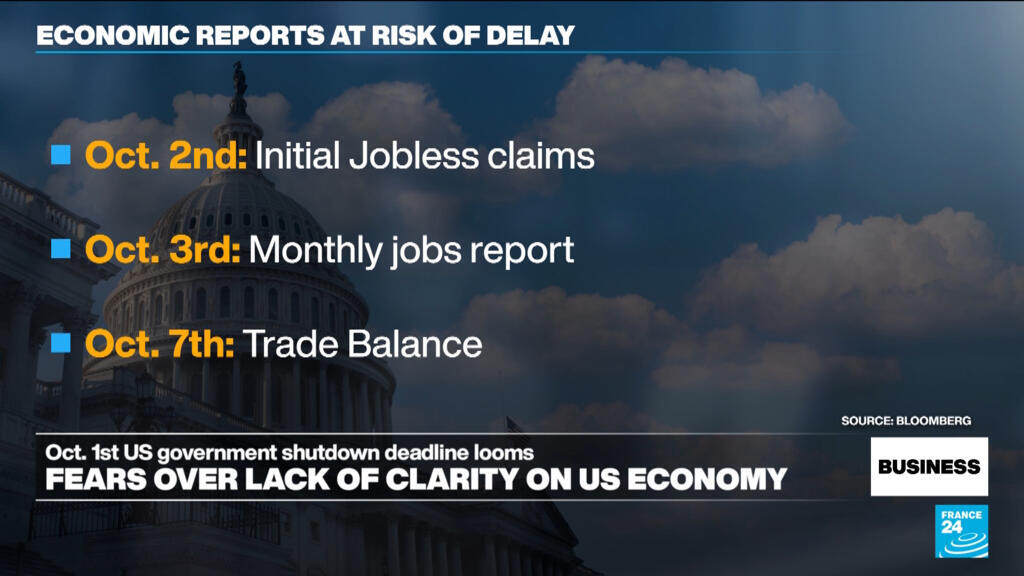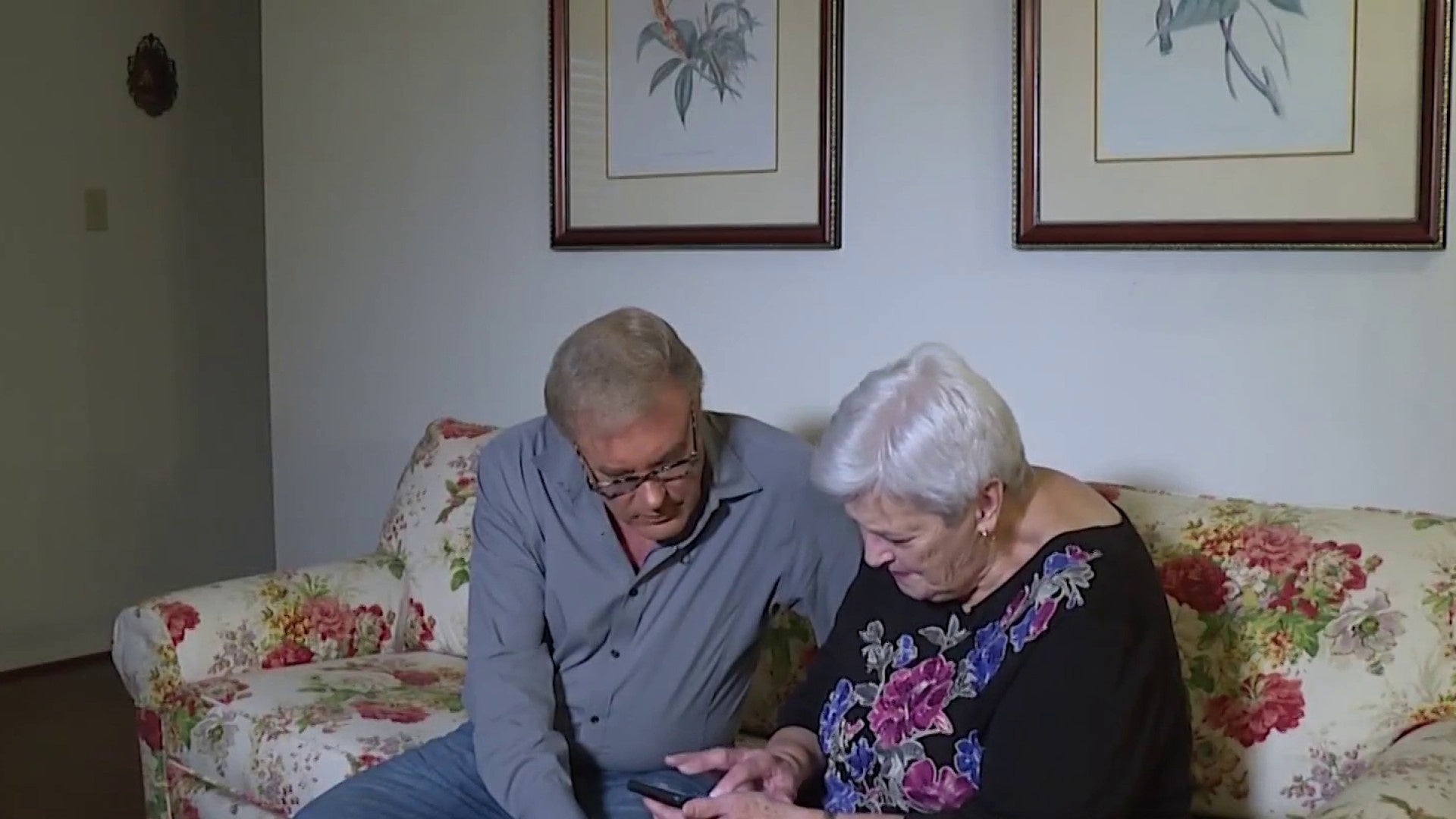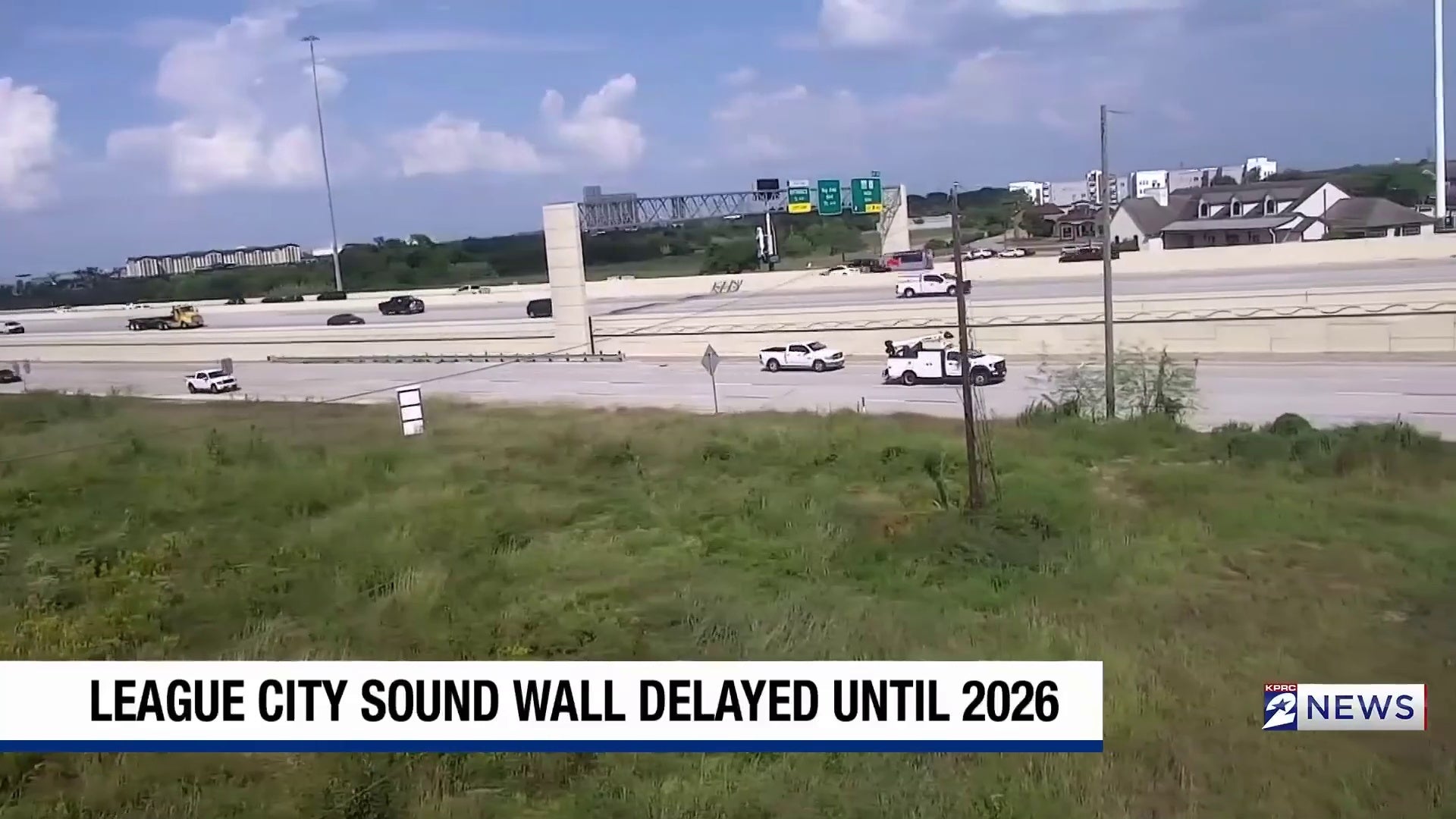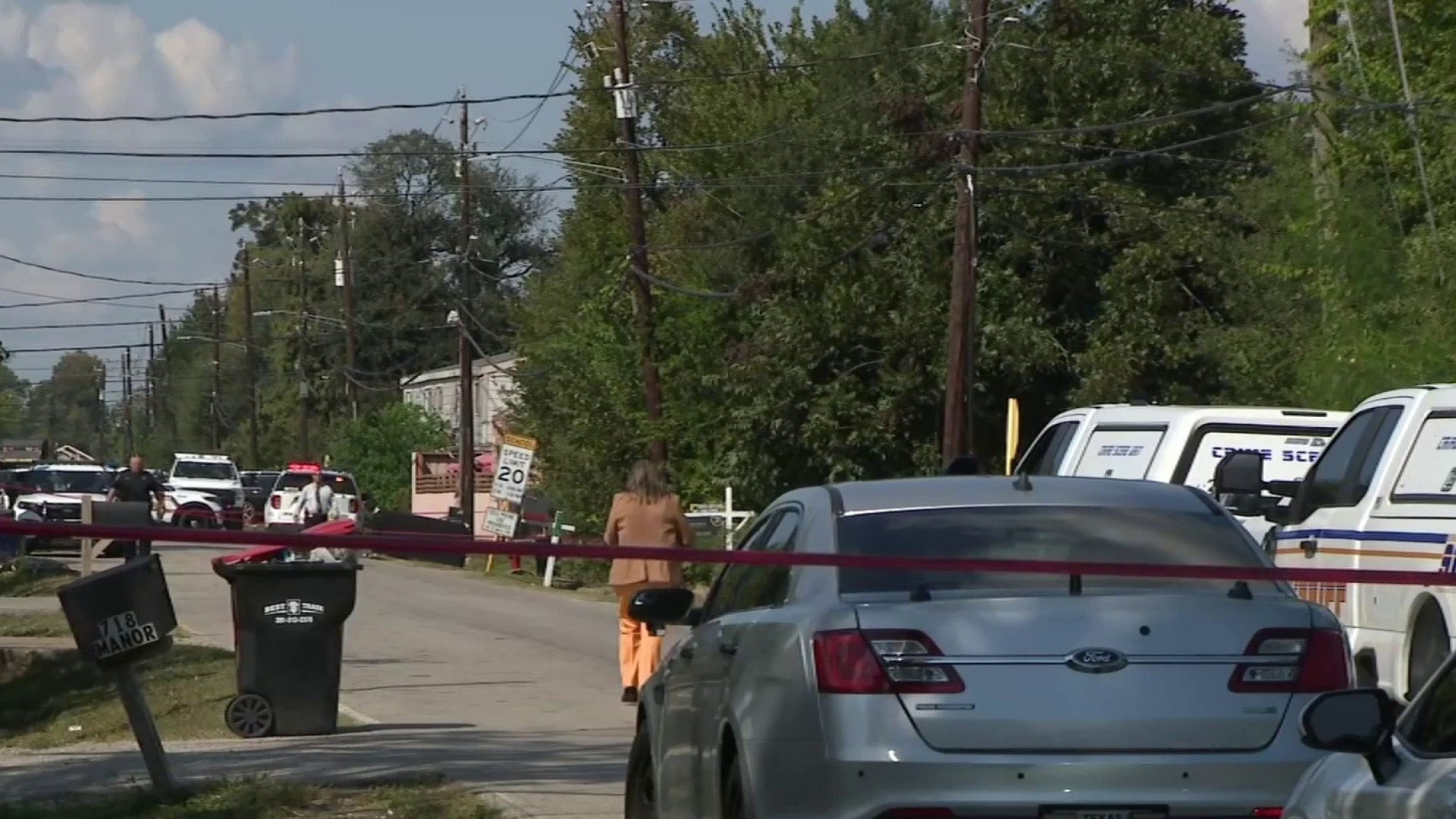KPRC 2 coverage of poor conditions in Houston apartment sparks bill to impose $50K fines on negligent landlords
Negligent landlords of federally subsidized housing could face federal fines under a bill inspired by a KPRC 2 investigation into unsafe conditions at a Houston complex.
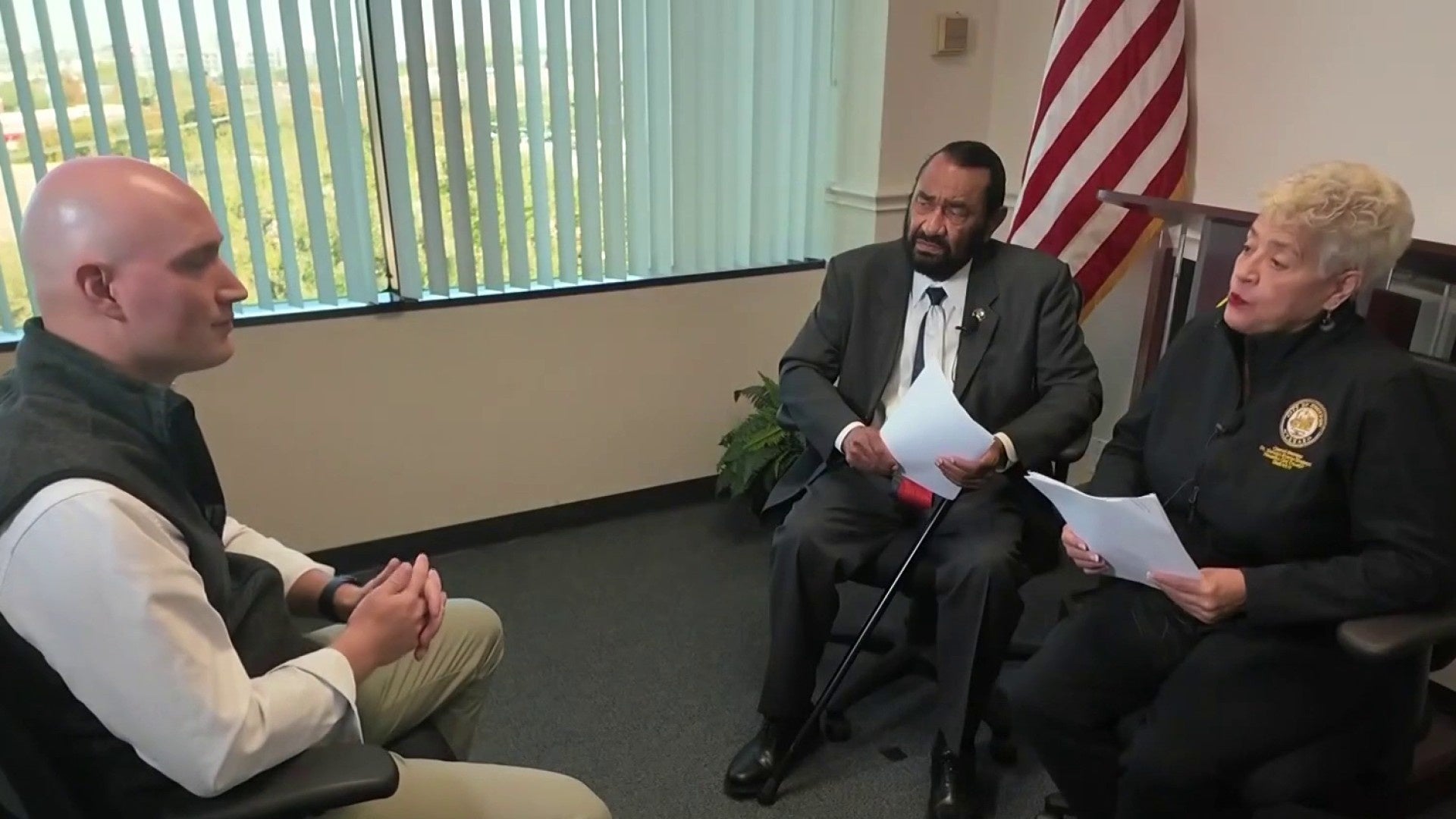
Negligent landlords of federally subsidized housing could face federal fines, as a new bill inspired by a KPRC 2 investigation into Houston’s Cullen Park Apartments aims to punish property owners who let homes fall into dangerous disrepair.
The bill, authored by U.S. Rep. Al Green (D-TX), aims to crack down on negligent landlords by establishing the first-ever federal penalty system for condemned government-subsidized housing properties.
The legislation, which will be filed this week in Washington, D.C., would direct the Secretary of Housing and Urban Development (HUD) to create a tenant reporting system and authorize penalties of up to $50,000 per property against landlords who allow their properties to deteriorate to the point of condemnation.
Congressman Al Green Bill On HUD Housing by Gage Goulding
“You must repair your property or be prepared to pay a price for allowing it to be in a state of disrepair,” Green emphasized, highlighting the bill’s core message to property owners.
The bill’s reach extends far beyond traditional public housing, covering 19 specific federal housing programs, including:
- Low-income housing tax credit properties
- Veterans’ supportive housing programs
- Public housing and Section 8 rental assistance
- Native American and Hawaiian housing programs
- Rural rental housing assistance
- Housing for elderly and disabled persons
- AIDS housing opportunities
- Homeless assistance programs
If passed, its impacts would be felt around the country, not just in Houston.
“This is from sea to shining sea, and all points in between,” Green said, emphasizing the legislation’s nationwide scope.
A key provision of the bill requires HUD to establish, within six months of enactment, a system allowing tenants to report directly to the Secretary if their housing has been condemned by any city, county, state, or federal agency.
It All Started At Cullen Park Apartments
The bill emerged following a KPRC 2 investigation that exposed deplorable conditions at Houston’s Cullen Park Apartments.
Green personally witnessed severe health and safety hazards during an August visit to the complex, where resident Michelle Williams had discovered maggots in her daughter’s carpet due to apparent sewage leakage.
“We actually saw water in the bedroom. And this water was coming from the bathroom,” Green recalled. “As you walk through, you could see the water coming up from the carpet as you were walking along.”
Houston City Councilwoman Carolyn Evans-Shabazz, who accompanied Green during the property inspection, emphasized that these conditions aren’t isolated incidents.
“I have gotten numerous calls from people that are telling me the conditions that they are living in,” she said.
The bill’s primary aim is deterrence rather than punishment.
“We’re trying to prevent that. That’s what this is about,” Evans-Shabazz explained. “We’re hoping that this additional hammer will stop people from feeling like they can go to that point.”
Bipartisan Support Sought
Green positions the legislation as a must-pass, non-partisan measure, noting that “tenants are not concerned with the politics of the moment when they are living in conditions that are unacceptable.”
However, he acknowledges potential challenges ahead.
“There are some people in Congress who are very landlord-oriented,” Green said. “They will scrutinize this very closely.”
Building Upon Progress
The threat of federal oversight is already showing results.
At Cullen Park Apartments, where the investigation began, Williams reports significant improvements, including new carpeting, bathroom renovations, and appliance replacements.
“My heart is warmed that Ms. Williams and hopefully others did benefit from our engagement,” Evans-Shabazz said.
The legislation specifically targets properties receiving federal housing subsidies, aiming to ensure that taxpayer-funded housing meets basic safety and livability standards.
It would complement existing local authority to condemn properties by adding federal oversight and financial penalties.
“Just the knowledge that you can be fined up to $50,000 will encourage many to do the right thing,” Green said. “But for those who don’t, then the $50,000 will hopefully get their attention.”

